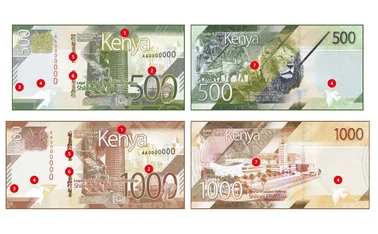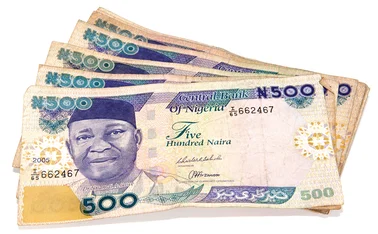
Negative interest rates become ‘feasible’ with the elimination of cash – paper

A working paper published by the IMF has said “de-cashing” could make negative interest rates a “feasible option” while also improving the transmission mechanism of monetary policy in general.
The paper, authored by Alexei Kireyev, examines the macroeconomic impacts of removing cash from circulation and replacing it with convertible deposits.
Kireyev argues currency has “largely” lost its role in monetary policy – particularly in developed countries – as the amount of currency in circulation
Only users who have a paid subscription or are part of a corporate subscription are able to print or copy content.
To access these options, along with all other subscription benefits, please contact info@centralbanking.com or view our subscription options here: subscriptions.centralbanking.com/subscribe
You are currently unable to print this content. Please contact info@centralbanking.com to find out more.
You are currently unable to copy this content. Please contact info@centralbanking.com to find out more.
Copyright Infopro Digital Limited. All rights reserved.
As outlined in our terms and conditions, https://www.infopro-digital.com/terms-and-conditions/subscriptions/ (point 2.4), printing is limited to a single copy.
If you would like to purchase additional rights please email info@centralbanking.com test test test
Copyright Infopro Digital Limited. All rights reserved.
You may share this content using our article tools. As outlined in our terms and conditions, https://www.infopro-digital.com/terms-and-conditions/subscriptions/ (clause 2.4), an Authorised User may only make one copy of the materials for their own personal use. You must also comply with the restrictions in clause 2.5.
If you would like to purchase additional rights please email info@centralbanking.com test test test







